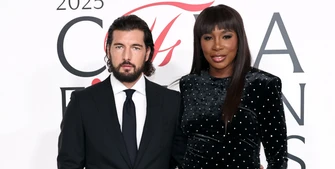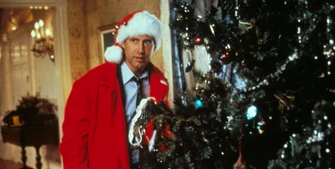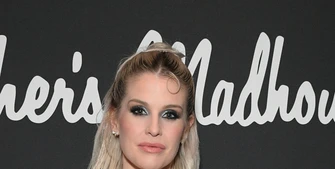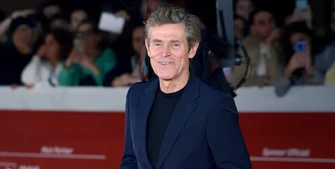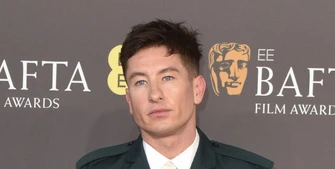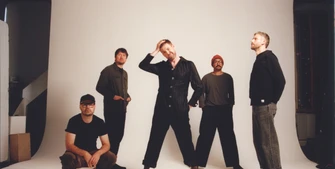Alex Garland became a director to stop script changes
Alex Garland has admitted he never wanted to become a Hollywood director and only stepped behind the camera to stop other filmmakers making changes to his screenplays.
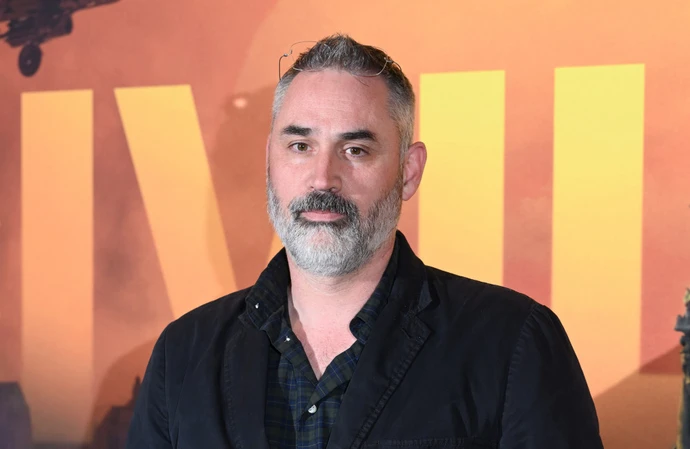
Alex Garland never wanted to become a director and only stepped behind the camera to stop others making changes to his screenplays.
The 54-year-old writer became his career as a novelist - scoring a huge hit with his 1996 book 'The Beach' - and he went on to become a Hollywood screenwriter before eventually turning his hand to directing and he's confessed he only made the huge career move to stop other directors meddling with his work.
Speaking during an event at the Edinburgh International Film Festival on Sunday (18.08.24), Garland explained: "I never wanted to be a director.
"I wanted to stop directors from changing things and the only way to do that was by occupying that position [of director]."
Garland made his directorial debut with 2014 sci-fi film 'Ex Machina' - starring Domnhall Gleeson and Alicia Vikander and based on his own screenplay - and he loved making the movie.
He added: "I enjoyed 'Ex Machina' very much … It was an easy film to make. It was logistically easy, and that helped. We had four weeks in [UK studio] Pinewood on a sound stage, two weeks in Norway on location. We had a very small cast.
"The cast were young and very hard-working and very committed. We had a very friendly crew that believed in the project and was working as hard as they could. There was a good vibe, and everyone was pulling together. It was friendly."
Garland went on to reveal making the movie felt so good because he and his long-time collaborator and producer Andrew Macdonald had previously worked on some "toxic" movie sets.
He added: "We had just done a sequence of toxic movies and toxic film sets are extraordinarily unpleasant places to be. You cannot escape the bitching, the factionalisation, the departments falling out with each other. They’re just terrible.
"And I think 'Ex Machina' came as an antidote to that. It was the precise opposite."


